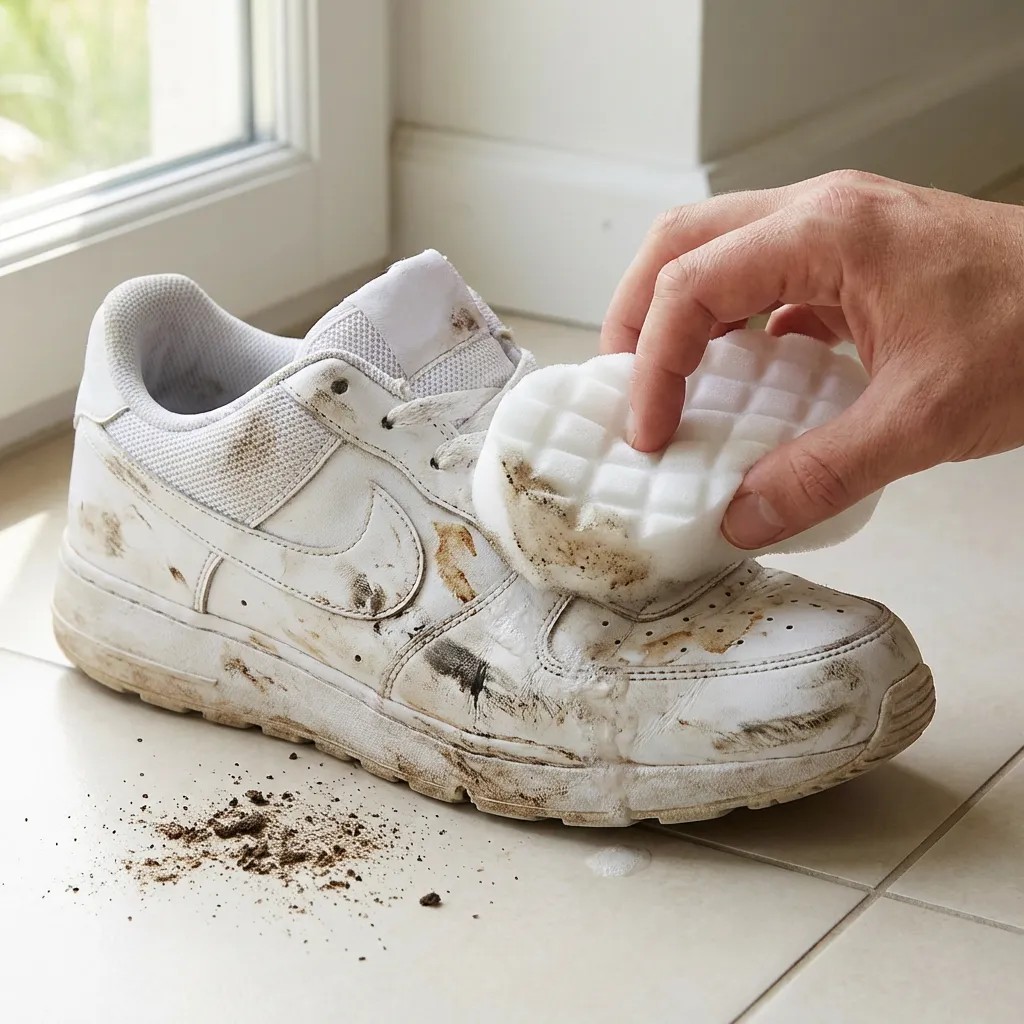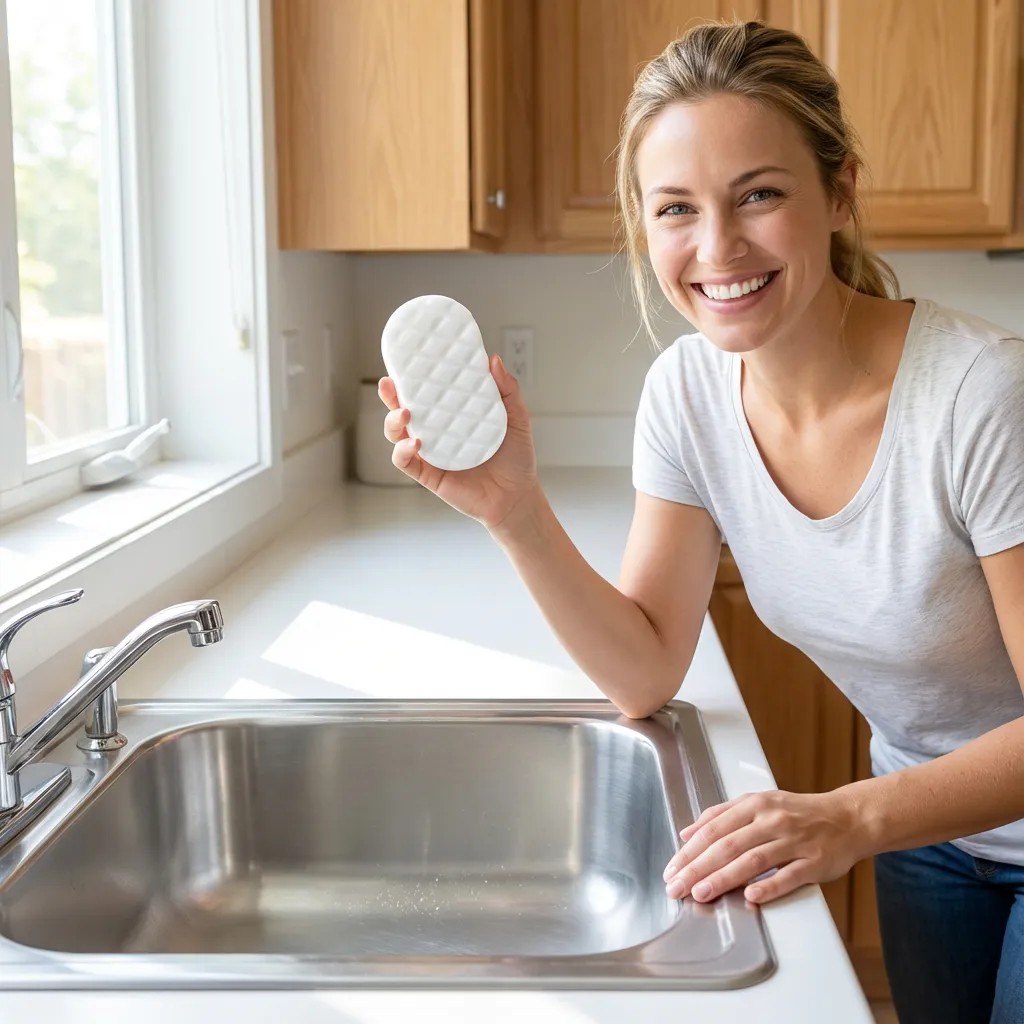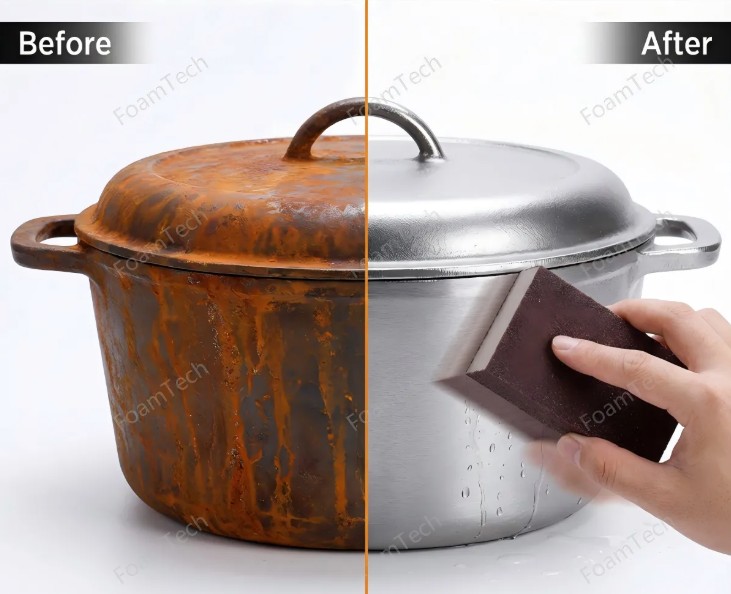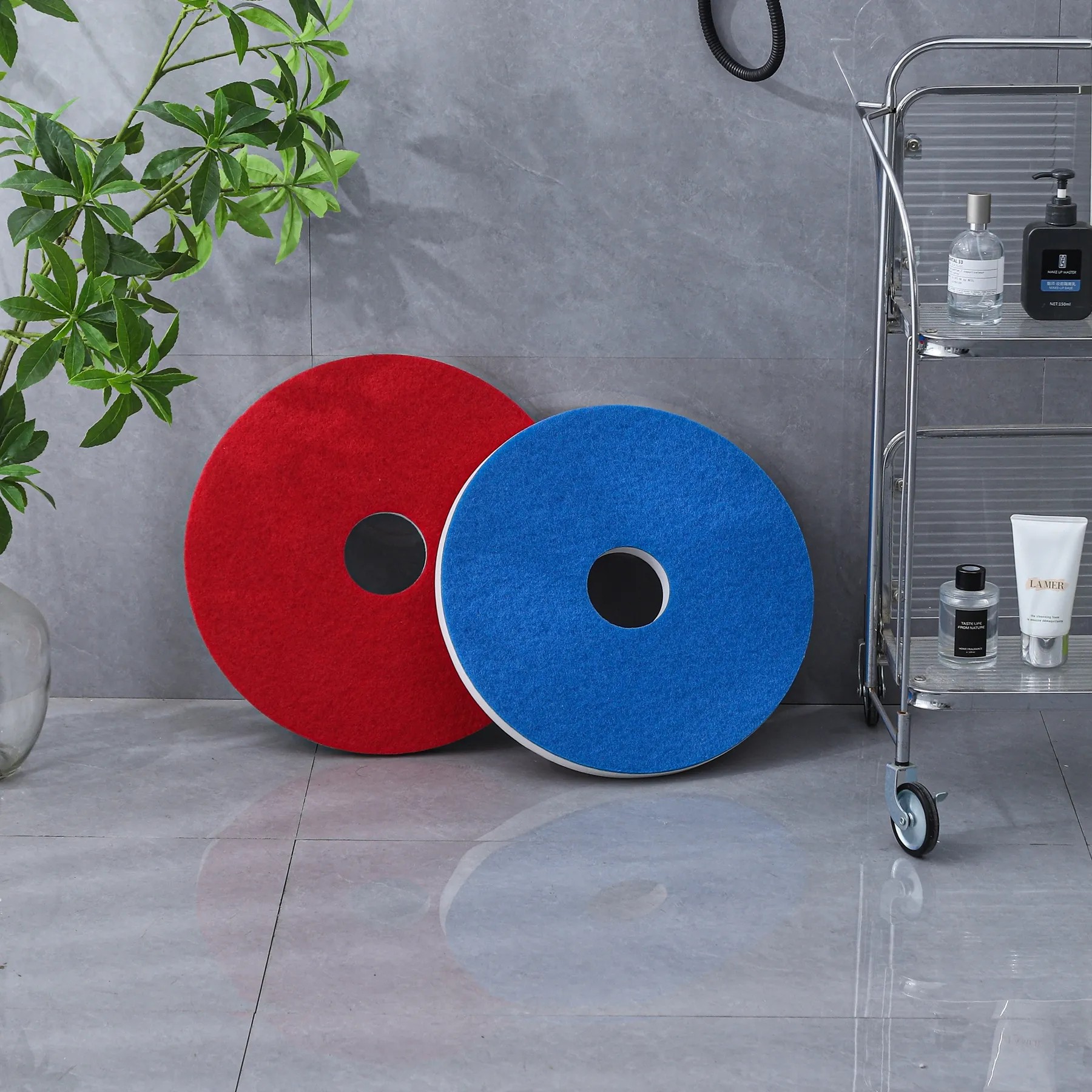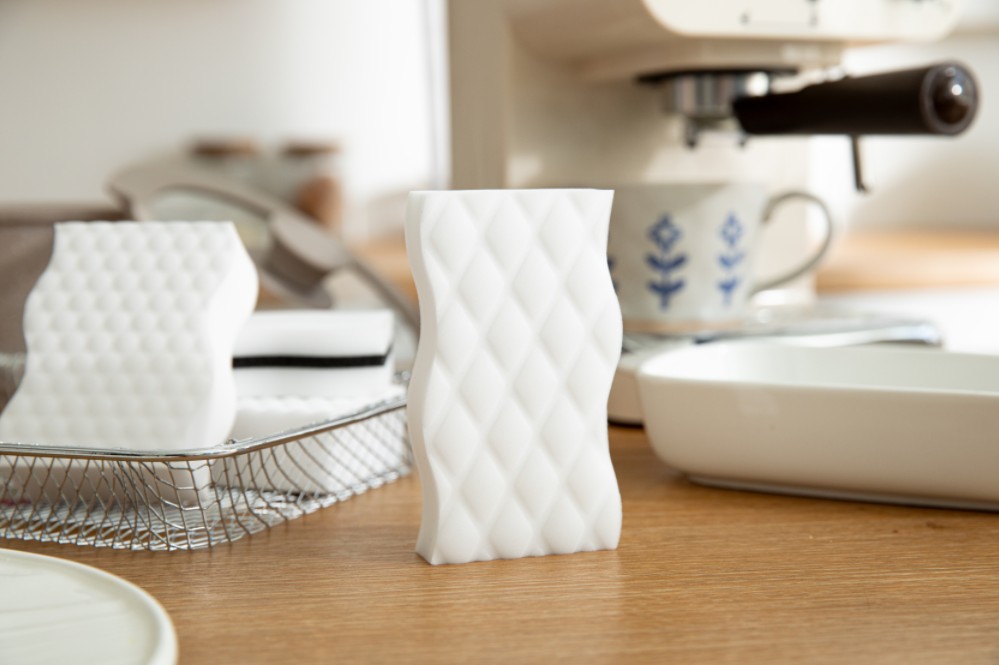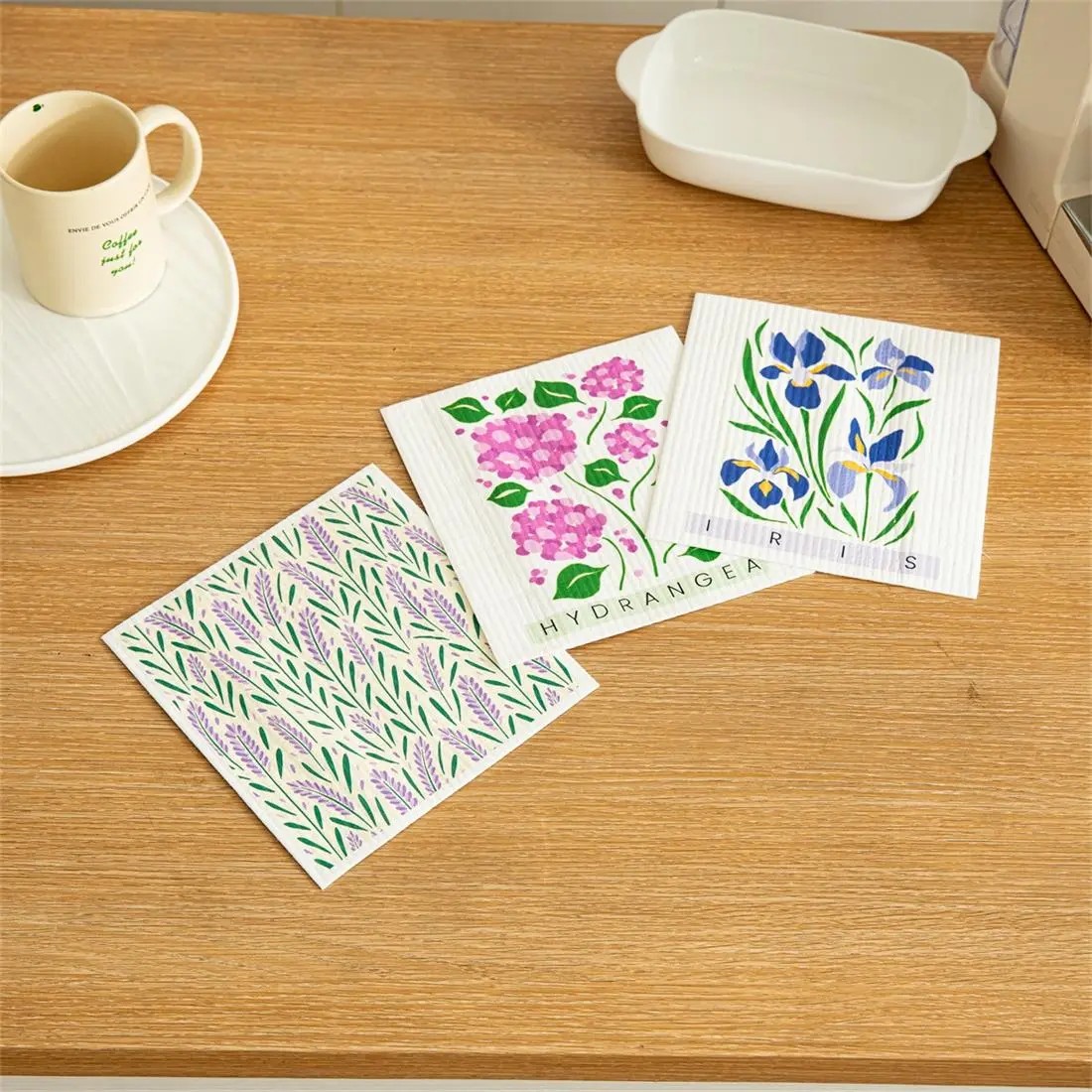Can Cellulose Sponges Safely Clean Delicate Objects
2025-11-17
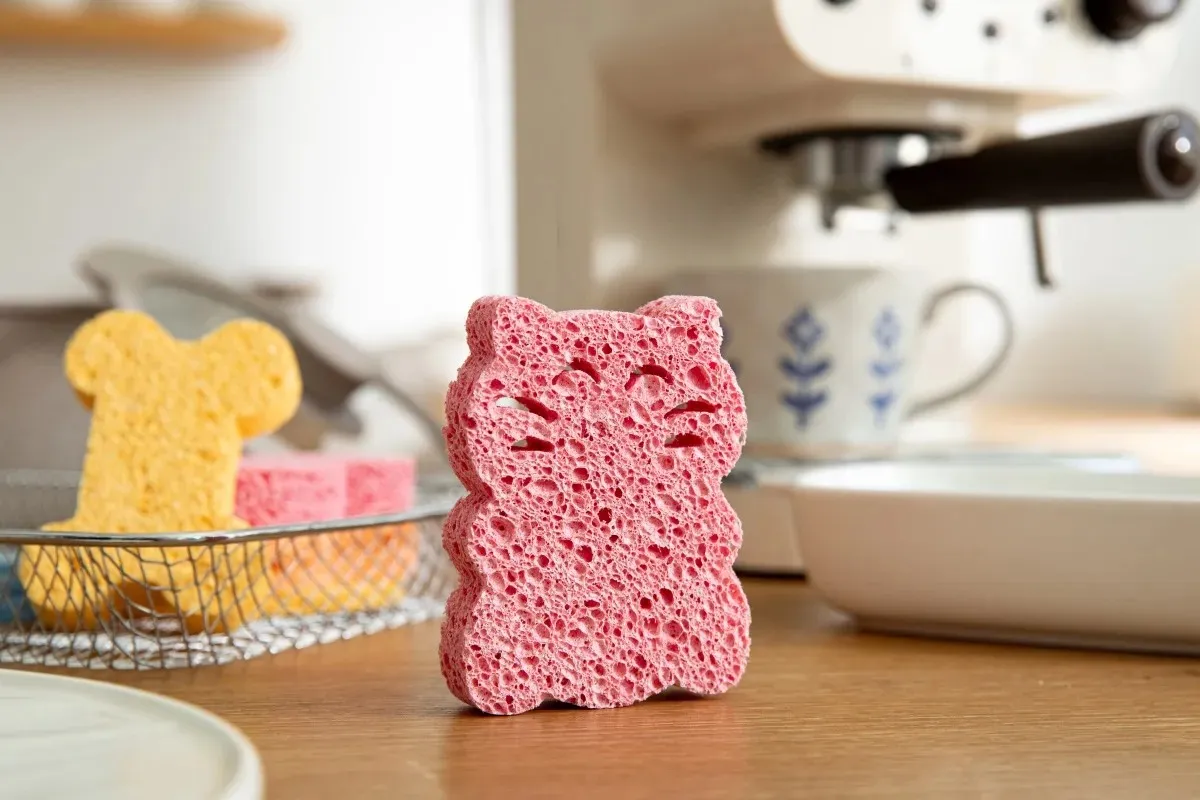
If you worry about scratching your favorite glassware or damaging electronics during cleaning, cellulose sponges might just solve that problem. These tools handle fragile items with care, absorbing dirt without harsh abrasives. Look at FoamTech, a company that's been pushing boundaries since 2014 with eco-friendly innovations. They hold over 55 invention patents and certifications like ISO9001 for quality, plus environmental and health systems checks. Services include custom designs for specific needs, and you can reach out through their contact us section for quotes or advice. FoamTech stands out for blending tech with green practices, making cleaning simpler and safer for everyday use.
What Makes Cellulose Sponges Suitable for Sensitive Surfaces?
You often face the challenge of cleaning without causing harm, and cellulose sponges rise to that task thanks to their thoughtful design. They pull in liquids fast and hold onto dirt, all while staying soft on surfaces.
Natural Biodegradable Material
Cellulose comes from wood pulp, breaking down naturally over time. This setup avoids plastic waste that lingers in landfills. Tests show it meets RoHS and REACH standards for no harmful substances, so you clean with peace of mind. Sometimes, though, people overlook how this material mimics natural sponges from the sea, adding a quirky nod to old-school cleaning.
Soft Absorbent Texture
The sponge's open structure grabs water like a pro, with high absorption rates that beat synthetic options. You get a gentle touch that wipes away grime without scratching. In lab checks, it handles pressures up to certain levels before deforming, keeping its shape for multiple uses.
Gentle Cleaning Efficiency
No need for chemicals; just water activates the cleaning power. You wipe once and see results, much like how melamine foam experts describe powerful stain removal in their guides. This efficiency saves time, especially on busy days when quick fixes matter most.
How Does FoamTech Ensure Safe Delicate Cleaning?
When you pick a sponge for tricky spots, the right features make all the difference in avoiding slips or breaks. Options vary to fit your needs, from basic to tailored shapes.
Durable Solid Color Options
These hold up through repeated soaks and squeezes, with high tensile strength that resists tearing. You can rely on them for daily tasks without quick wear-out. Pair one with a solid color wood pulp sponge for consistent performance on sensitive areas.
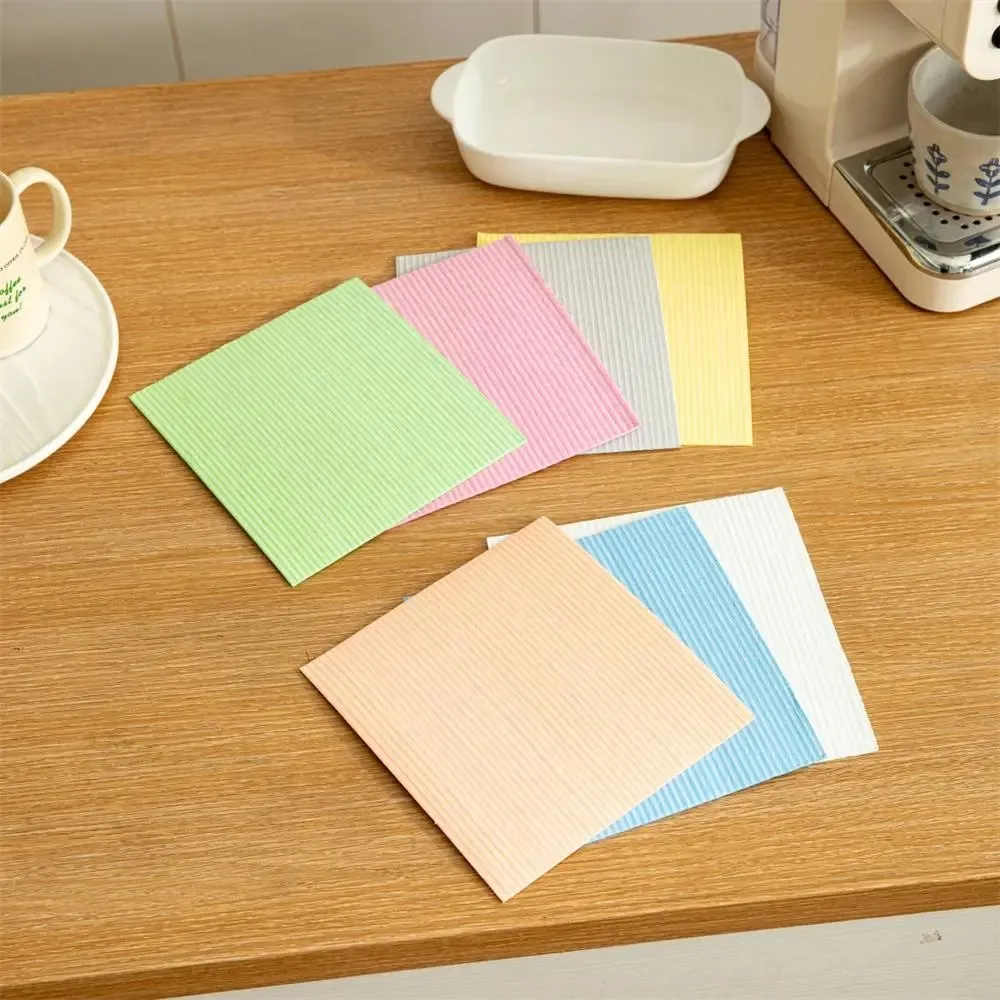
Versatile Printed Designs
Fun patterns add appeal, but the real win is adaptability across surfaces. You tackle different messes, from kitchen spills to office dust, without switching tools. This versatility echoes application areas in ceramics or hardware, where one wipe cleans multiple items.
Customizable Shaped Forms
Cut or mold them to match odd angles, like around faucets or in tight corners. You get precise control, reducing the risk of bumps on delicate objects. It's handy for those moments when a standard rectangle just doesn't fit right.
Are Cellulose Sponges Gentle on Glass and Ceramics?
You might hesitate to scrub your cherished vases or plates, fearing marks or chips, but cellulose sponges address that fear head-on with proven gentle methods.
Scratch-Free Surface Protection
The soft fibers glide over glass without leaving traces, as seen in tests for low friction coefficients. You clean flower vases or lampshades safely, much like guidelines for leatherware or glasswork suggest avoiding harsh tools.
Chemical-Free Stain Removal
Water alone lifts dirt from bathtubs or tiles, following simple soak-and-wipe steps. You skip detergents that might etch surfaces over time. This approach works wonders on swimming pools or flowerpots too, keeping things spotless.
Effective Kitchen Application
In busy kitchens, these sponges handle dishware and tea sets effortlessly. You remove stubborn spots from ceramics without effort. Try a printed cellulose sponge for added grip and style during those messy meal cleanups.
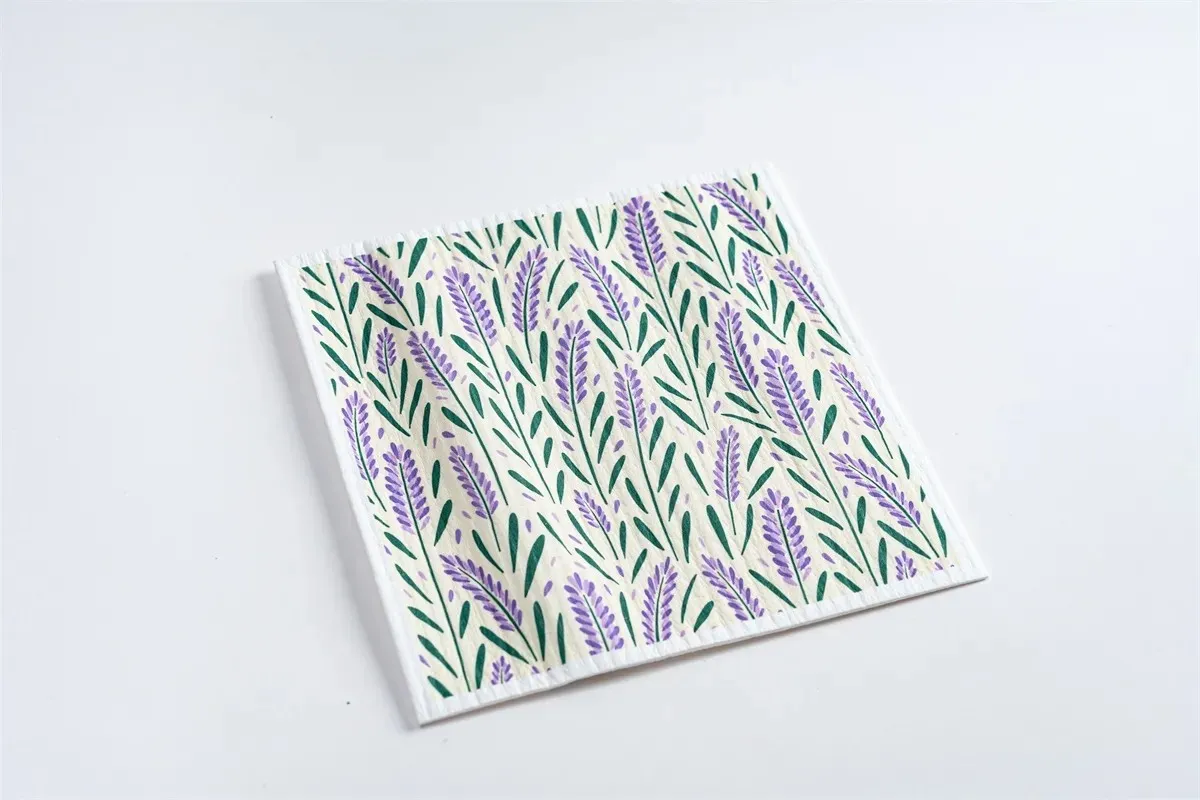
Can Cellulose Sponges Clean Electronics Without Damage?
Electronics like screens or keyboards demand extra caution to avoid shorts or smudges, and cellulose sponges step up with features that protect while they clean.
Lint-Free Gentle Wiping
No fibers shed during use, so you wipe TVs or computers cleanly. This prevents buildup in vents or keys. It's similar to office supply cleaning tips, where a quick pass removes ink or dust without residue.
Controlled Moisture Absorption
They soak up just enough water to dampen, not drench, keeping devices dry. You control the squeeze for minimal liquid. In humid spots, this trait shines, avoiding the slip-ups that come with soggier alternatives.
Static-Resistant Properties
Low electrical buildup means safer handling of printers or phones. You reduce shocks that could harm circuits. Surface resistivity tests confirm values over certain thresholds, making it reliable for everyday tech care.
What Methods Maximize Safety with Cellulose Sponges?
To get the most from these sponges without risks, follow straightforward steps that fit into your routine easily.
Light Pressure Damp Technique
Wet the sponge lightly and press softly. You avoid deep scratches on antiques or painted items. This mirrors usage instructions: soak, squeeze, wipe, rinse.
Pre-Use Surface Testing
Always check a small spot first. You spot any odd reactions before full cleaning. It's a simple habit, like how some folks test new soaps on skin, preventing bigger headaches later.
Frequent Rinse Cycle
Flush under water after each pass. You keep the sponge fresh and effective. Reusing this way extends life, aligning with environmental tips for less waste.
Do FoamTech Sponges Offer Sustainable Benefits?
Sustainability weighs on many minds these days, and cellulose sponges deliver real perks that lighten your environmental load without skimping on performance.
Eco-Friendly Decomposition Process
They break down fully in months, unlike plastics that stick around for years. You contribute to cleaner landfills. Certifications back this, ensuring no toxic leftovers.
Reduced Environmental Impact
Production uses less energy, with factories earning green labels. You choose tools that cut pollution at the source. Sometimes, it's refreshing to know your daily scrub helps the planet a bit.
Long-Lasting Reusable Design
Built to endure multiple washes, they outlast flimsy options. You save money and trips to the store. High toughness lets you knead and cut them freely, boosting versatility.
Where to Find FoamTech Cellulose Sponge Solutions?
You need reliable sources for these sponges, and several paths lead to quality choices that match your cleaning style.
Official Product Catalog Access
Browse detailed listings of sizes and types online. You find options like a shaped wood pulp sponge tailored for specific jobs.

Custom Order Inquiry Options
Reach out for personalized batches, whether for home or business. You get sponges cut to your specs, solving unique challenges.
Company Background Information
Learn about patents and tech behind the products. You gain confidence in their high-tech roots and global reach.
FAQ
Q1: How do cellulose sponges differ from melamine ones for delicate cleaning?
A: Cellulose focuses on soft absorption from natural pulp, while melamine excels in tough stain friction; pick based on your surface needs.
Q2: Can you reuse cellulose sponges multiple times safely?
A: Yes, rinse them well after each use; they hold shape thanks to high tensile strength and last through many cycles.
Q3: Are these sponges okay for food-contact items like dishes?
A: Absolutely, with chemical-free cleaning and environmental certifications ensuring no harmful residues.
If you worry about scratching your favorite glassware or damaging electronics during cleaning, cellulose sponges might just solve that problem. These tools handle fragile items with care, absorbing dirt without harsh abrasives. Look at FoamTech, a company that's been pushing boundaries since 2014 with eco-friendly innovations. They hold over 55 invention patents and certifications like ISO9001 for quality, plus environmental and health systems checks. Services include custom designs for specific needs, and you can reach out through their contact us section for quotes or advice. FoamTech stands out for blending tech with green practices, making cleaning simpler and safer for everyday use.
What Makes Cellulose Sponges Suitable for Sensitive Surfaces?
You often face the challenge of cleaning without causing harm, and cellulose sponges rise to that task thanks to their thoughtful design. They pull in liquids fast and hold onto dirt, all while staying soft on surfaces.
Natural Biodegradable Material
Cellulose comes from wood pulp, breaking down naturally over time. This setup avoids plastic waste that lingers in landfills. Tests show it meets RoHS and REACH standards for no harmful substances, so you clean with peace of mind. Sometimes, though, people overlook how this material mimics natural sponges from the sea, adding a quirky nod to old-school cleaning.
Soft Absorbent Texture
The sponge's open structure grabs water like a pro, with high absorption rates that beat synthetic options. You get a gentle touch that wipes away grime without scratching. In lab checks, it handles pressures up to certain levels before deforming, keeping its shape for multiple uses.
Gentle Cleaning Efficiency
No need for chemicals; just water activates the cleaning power. You wipe once and see results, much like how melamine foam experts describe powerful stain removal in their guides. This efficiency saves time, especially on busy days when quick fixes matter most.
How Does FoamTech Ensure Safe Delicate Cleaning?
When you pick a sponge for tricky spots, the right features make all the difference in avoiding slips or breaks. Options vary to fit your needs, from basic to tailored shapes.
Durable Solid Color Options
These hold up through repeated soaks and squeezes, with high tensile strength that resists tearing. You can rely on them for daily tasks without quick wear-out. Pair one with a solid color wood pulp sponge for consistent performance on sensitive areas.

Versatile Printed Designs
Fun patterns add appeal, but the real win is adaptability across surfaces. You tackle different messes, from kitchen spills to office dust, without switching tools. This versatility echoes application areas in ceramics or hardware, where one wipe cleans multiple items.
Customizable Shaped Forms
Cut or mold them to match odd angles, like around faucets or in tight corners. You get precise control, reducing the risk of bumps on delicate objects. It's handy for those moments when a standard rectangle just doesn't fit right.
Are Cellulose Sponges Gentle on Glass and Ceramics?
You might hesitate to scrub your cherished vases or plates, fearing marks or chips, but cellulose sponges address that fear head-on with proven gentle methods.
Scratch-Free Surface Protection
The soft fibers glide over glass without leaving traces, as seen in tests for low friction coefficients. You clean flower vases or lampshades safely, much like guidelines for leatherware or glasswork suggest avoiding harsh tools.
Chemical-Free Stain Removal
Water alone lifts dirt from bathtubs or tiles, following simple soak-and-wipe steps. You skip detergents that might etch surfaces over time. This approach works wonders on swimming pools or flowerpots too, keeping things spotless.
Effective Kitchen Application
In busy kitchens, these sponges handle dishware and tea sets effortlessly. You remove stubborn spots from ceramics without effort. Try a printed cellulose sponge for added grip and style during those messy meal cleanups.

Can Cellulose Sponges Clean Electronics Without Damage?
Electronics like screens or keyboards demand extra caution to avoid shorts or smudges, and cellulose sponges step up with features that protect while they clean.
Lint-Free Gentle Wiping
No fibers shed during use, so you wipe TVs or computers cleanly. This prevents buildup in vents or keys. It's similar to office supply cleaning tips, where a quick pass removes ink or dust without residue.
Controlled Moisture Absorption
They soak up just enough water to dampen, not drench, keeping devices dry. You control the squeeze for minimal liquid. In humid spots, this trait shines, avoiding the slip-ups that come with soggier alternatives.
Static-Resistant Properties
Low electrical buildup means safer handling of printers or phones. You reduce shocks that could harm circuits. Surface resistivity tests confirm values over certain thresholds, making it reliable for everyday tech care.
What Methods Maximize Safety with Cellulose Sponges?
To get the most from these sponges without risks, follow straightforward steps that fit into your routine easily.
Light Pressure Damp Technique
Wet the sponge lightly and press softly. You avoid deep scratches on antiques or painted items. This mirrors usage instructions: soak, squeeze, wipe, rinse.
Pre-Use Surface Testing
Always check a small spot first. You spot any odd reactions before full cleaning. It's a simple habit, like how some folks test new soaps on skin, preventing bigger headaches later.
Frequent Rinse Cycle
Flush under water after each pass. You keep the sponge fresh and effective. Reusing this way extends life, aligning with environmental tips for less waste.
Do FoamTech Sponges Offer Sustainable Benefits?
Sustainability weighs on many minds these days, and cellulose sponges deliver real perks that lighten your environmental load without skimping on performance.
Eco-Friendly Decomposition Process
They break down fully in months, unlike plastics that stick around for years. You contribute to cleaner landfills. Certifications back this, ensuring no toxic leftovers.
Reduced Environmental Impact
Production uses less energy, with factories earning green labels. You choose tools that cut pollution at the source. Sometimes, it's refreshing to know your daily scrub helps the planet a bit.
Long-Lasting Reusable Design
Built to endure multiple washes, they outlast flimsy options. You save money and trips to the store. High toughness lets you knead and cut them freely, boosting versatility.
Where to Find FoamTech Cellulose Sponge Solutions?
You need reliable sources for these sponges, and several paths lead to quality choices that match your cleaning style.
Official Product Catalog Access
Browse detailed listings of sizes and types online. You find options like a shaped wood pulp sponge tailored for specific jobs.

Custom Order Inquiry Options
Reach out for personalized batches, whether for home or business. You get sponges cut to your specs, solving unique challenges.
Company Background Information
Learn about patents and tech behind the products. You gain confidence in their high-tech roots and global reach.
FAQ
Q1: How do cellulose sponges differ from melamine ones for delicate cleaning?
A: Cellulose focuses on soft absorption from natural pulp, while melamine excels in tough stain friction; pick based on your surface needs.
Q2: Can you reuse cellulose sponges multiple times safely?
A: Yes, rinse them well after each use; they hold shape thanks to high tensile strength and last through many cycles.
Q3: Are these sponges okay for food-contact items like dishes?
A: Absolutely, with chemical-free cleaning and environmental certifications ensuring no harmful residues.
